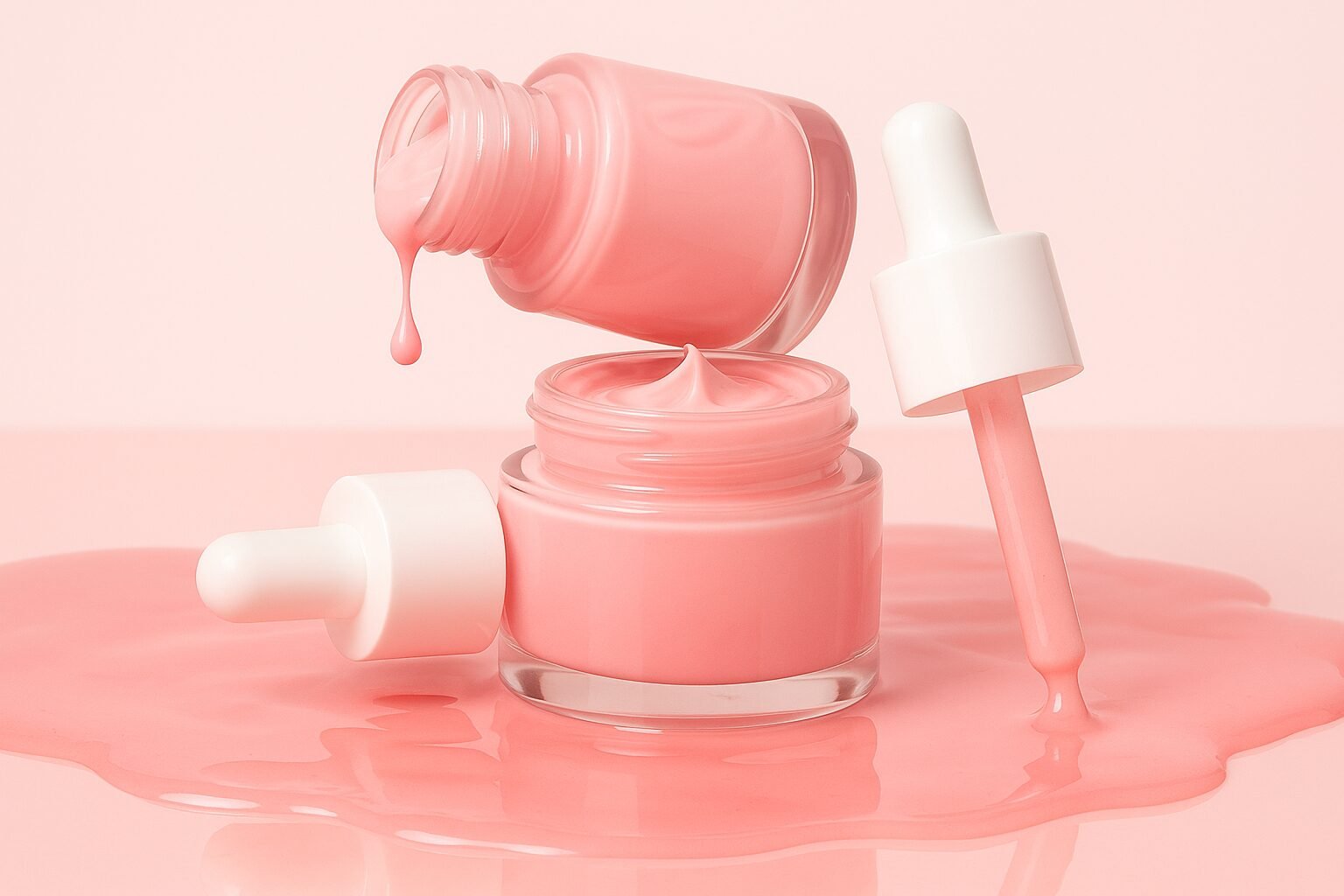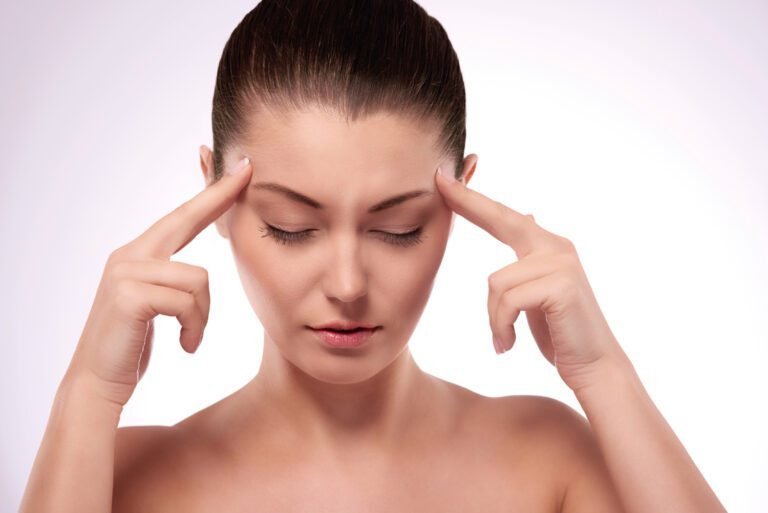In the ever-evolving world of beauty, encapsulation has become one of the most transformative technologies in modern formulation. Once reserved for pharmaceuticals, this science-backed method is now reshaping how skincare and makeup products deliver results. Because of encapsulation, brands can offer actives that stay stable longer, penetrate deeper, and perform better—all while improving the user experience.
As consumers demand visible, irritation-free results, encapsulation is redefining what it means for products to be effective, gentle, and sustainable. In fact, by 2025, this technology is expected to appear in over one-third of new skincare launches, signaling a major shift toward performance-driven, high-tech beauty.
What Is Encapsulation in Cosmetics?
Encapsulation involves enclosing active ingredients—such as vitamins, antioxidants, peptides, or botanical extracts—inside protective microscopic shells known as liposomes, microspheres, or nanocapsules. These capsules act as intelligent carriers that shield sensitive compounds from air, light, and oxidation until they reach the skin.
In essence, encapsulation turns traditional skincare into a time-release delivery system. The active ingredients are protected inside a microscopic barrier until they contact the skin, where they are gradually released for extended benefits. This ensures that actives like vitamin C, retinol, and coenzyme Q10 remain potent and effective throughout a product’s shelf life.
Although encapsulation has existed for decades, its cosmetic applications have accelerated thanks to breakthroughs in nanotechnology and biomaterials. For example, recent studies in Colloids and Surfaces B: Biointerfaces (2024) show that lipid-based nanocarriers enhance ingredient stability and improve penetration up to 50% compared to unencapsulated forms.
💡 Why Encapsulation Is Transforming the Beauty Industry
Encapsulation isn’t just a buzzword—it’s a complete shift in how actives are designed, protected, and delivered. Let’s explore why it’s such a game-changer for formulators and consumers alike.
1. Enhanced Stability
Many high-performance ingredients are notoriously unstable. For example, vitamin C oxidizes quickly when exposed to air, and retinol degrades in light and heat. Encapsulation isolates these molecules from external stressors, preserving their potency until the moment of application.
Brands like Estée Lauder and SkinCeuticals use microencapsulation to extend product shelf life while maintaining bioavailability. As a result, consumers get consistent efficacy from the first use to the last pump.
2. Controlled and Gradual Release
Encapsulation enables controlled release, meaning actives are delivered slowly over time rather than all at once. This reduces the risk of irritation while maintaining sustained benefits. For example, The Ordinary’s encapsulated retinol serums offer anti-aging power with minimal redness or dryness—making potent actives more accessible to sensitive users.
Controlled release also supports overnight repair systems, where encapsulated peptides or niacinamide release gradually as the skin regenerates during sleep.
3. Targeted Delivery
Another major benefit is precision targeting. By tuning the size and composition of capsules, scientists can direct actives to specific skin layers or cells. Consequently, moisturizing ingredients stay in the epidermis, while collagen-stimulating compounds like peptides reach deeper levels.
Research from Pharmaceutics (2023) demonstrated that nano-encapsulated antioxidants reached dermal layers 3× more effectively than traditional emulsions, leading to higher bioactivity and visible results.
4. Improved Sensory Experience
Beyond science, encapsulation improves how products look, feel, and apply. It allows for lightweight, elegant textures without the need for heavy emulsifiers or stabilizers. Moreover, it creates transformative textures, such as gels that burst into serum upon contact or creams that release actives only when massaged into the skin.
This sensorial innovation enhances not only efficacy but also emotional connection—consumers love seeing and feeling results in real time.
Encapsulation in Action: Where It’s Being Used
Encapsulation has become a foundation for innovation across multiple categories in cosmetics and personal care.
Skincare Serums and Moisturizers
Encapsulation allows brands to combine incompatible ingredients in one product—such as vitamin C with peptides or retinol with niacinamide—without instability. Companies like La Roche-Posay and SkinCeuticals use this technique to deliver stabilized actives that remain potent throughout use.
Sunscreens
Encapsulated UV filters distribute evenly across the skin and maintain protection longer. Because they reduce direct contact between actives and the skin, they also minimize irritation—making them ideal for sensitive-skin sunscreens.
Color Cosmetics
Encapsulation has moved beyond skincare into makeup. L’Oréal Paris employs encapsulated pigments for longer wear and color accuracy. Lipsticks with encapsulated oils deliver hydration that activates upon application, ensuring lasting comfort and shine.
Haircare
Brands like Kérastase and Olaplex use microcapsules to deliver oils and proteins directly to hair fibers and the scalp. This allows nutrients to be absorbed where they’re needed most while preventing buildup.
Clean Beauty and Encapsulation: A Perfect Match
Today’s consumers are more ingredient-savvy than ever. They want visible results without harsh additives, and encapsulation answers that call beautifully. Because it protects actives naturally, brands can reduce their reliance on synthetic preservatives, stabilizers, and silicones.
This aligns perfectly with clean beauty and skinification trends—the idea that even makeup and haircare should provide skincare-like benefits. For example, encapsulated hyaluronic acid in tinted moisturizers offers hydration all day long, blurring the line between treatment and makeup.
Furthermore, encapsulation supports sustainable innovation. Many new capsules are derived from biodegradable polymers such as chitosan, cellulose, or plant starches, reducing environmental impact compared to synthetic alternatives.
Studies in Polymers (2023) confirm that these bio-based encapsulation materials achieve high encapsulation efficiency and slow-release performance while being completely biodegradable.
The Market and the Momentum
Encapsulation is no longer niche—it’s fast becoming the new normal in formulation design. The global encapsulated cosmetics market was valued at $3.5 billion in 2023 and is projected to surpass $8 billion by 2030, driven by skincare, sun care, and color cosmetics.
Leading corporations like L’Oréal, Estée Lauder, and Unilever have publicly increased R&D investment into encapsulated delivery systems. Meanwhile, indie brands such as Drunk Elephant, Allies of Skin, and Paula’s Choice are launching encapsulated serums to compete at a higher scientific level.
On social media, the buzz continues. The #SkincareTech hashtag surpassed 500 million views in 2024, highlighting how consumers are fascinated by microcapsule visuals and time-release results.
The Future of Encapsulation: Smart, Sustainable, and Precise
The next generation of encapsulation goes far beyond stability and slow release—it’s about intelligent responsiveness.
Smart Capsules: Researchers are developing systems that react to pH, temperature, or UV exposure, releasing actives only when the skin needs them most. Imagine a moisturizer that automatically boosts hydration in dry environments or a sunscreen that strengthens its UV shield under intense sunlight.
Sustainable Encapsulation: As environmental concerns grow, laboratories are shifting toward plant-based and marine biopolymers. These renewable materials not only biodegrade safely but also add eco-value to products. Microalgae-derived capsules, for instance, combine sustainability with antioxidant benefits.
Cross-Category Expansion: Encapsulation will continue expanding beyond skincare—into fragrances, oral beauty, nutricosmetics, and even nail care. Controlled fragrance-release capsules are already appearing in fine perfumes and long-lasting body sprays.
Moreover, the future lies in multi-active encapsulation, where one capsule contains several ingredients released in sequence for optimal synergy—like peptides followed by antioxidants. This layered delivery mimics the skin’s natural healing rhythms.
Why Encapsulation Matters More Than Ever
Encapsulation isn’t just a passing innovation—it’s the cornerstone of next-generation beauty science. It allows formulators to deliver powerful actives with precision, safety, and elegance.
- For consumers, it means better results and gentler experiences.
- For brands, it means differentiation through performance and storytelling.
- For the planet, it means reduced waste and cleaner formulations.
Ultimately, encapsulation aligns technology with human skin biology, delivering beauty that is both high-performance and sustainable. The science may be microscopic, but its impact on the industry is massive.
Explore Encapsulated Cosmetic Actives
If you’re developing advanced formulations and want to explore encapsulated delivery systems, contact info@grandingredients.com or visit our Encapsulation & Controlled Delivery Collection.
From microalgae-based pigment capsules to nano-encapsulated vitamins and peptides, Grand Ingredients supplies cutting-edge encapsulation technologies designed to enhance stability, penetration, and sensory performance in next-generation formulations.






